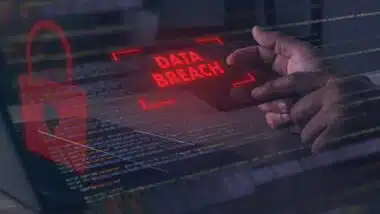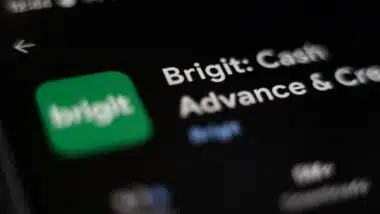
The Federal Communications Commission has fined a robocaller almost $10 million in connection with tens of thousands of spoof calls and unwanted phone calls made using a caller ID belonging to an alleged business rival.
According to statements made by FCC officials, 47,610 spoof calls were made to residents throughout the 76th State Assembly District in San Diego County one week before the state primary spreading false allegations about political candidate Phillip Graham, one of eight candidates who was running for an open State Assembly seat in California during the 2018 race.
FCC Chairman Ajit Pai said in a statement the robocalls used a prerecorded voice message that “graphically described an alleged sexual assault involving a candidate for an open State Assembly seat—an allegation that turned out to be false.”
The FCC Enforcement Bureau identified Kenneth Moser, who operated under the business name Support Systems, as the individual responsible for making the calls and imposed a $9,997,750 forfeiture on him for violations of the Truth in Caller ID Act of 2009, pursuant to an order adopted on Nov. 18, 2020.
A citation was issued to Moser in December 2019, stating that there was no evidence found that the calls were made for an emergency purpose or that he had prior express consent to make the calls. The citation also indicated that the prerecorded message did not identify the caller at the beginning of the message or accurately reflect the phone number for the party responsible for making the calls in violation of the TCPA and the Truth in Caller ID Act.
The FCC said that the spoof calls did not reflect accurate phone numbers on caller IDs, but rather the number displayed made it appear as though the calls came from a business competitor of Moser’s, HomeyTel Network. According to the FCC, Moser’s contention that he didn’t know the number was still in use by the company lacked merit.
“Moser intentionally chose to use a phone number that he knew belonged to a business rival with whom he had a bitter, litigious history. One would have to be rather naïve to think that this was not done with the intent to cause harm,” FCC Chairman Ajit Pai said in a statement.
Additionally, the FCC did not concur with Moser’s remaining argument that the calls were part of a political campaign, which would exempt him from liability under the Truth in Caller ID Act.
However, while calls from political campaigns are generally exempt from the telemarketing rules of the TCPA, the Truth in Caller ID Act doesn’t permit spoof calls using false caller ID information — even those associated with a political campaign.
FCC Commissioner Michael O’Rielly approved the forfeiture order in part and dissented in part, stating that he disagreed it was Moser’s intent to harm those who received the calls. Rather, he said the record supported Moser intended to harm his competitor HomeyTel by using a spoofed number associated with the company.
Commissioner O’Rielly also said in an FCC statement, “Further, I am grateful that, unlike the NAL, the Forfeiture Order does not focus unnecessarily on the “falsity” of the information in the calls, which is irrelevant to our analysis. The FCC shouldn’t give the impression that we are targeting a caller on the basis of content, regardless of the ultimate grounds for liability.”

Unwanted robocalls have been the FCC’s top consumer complaint. FCC Commissioner Jessica Rosenworcel remarked in a statement about the forfeiture order, “And after a brief downturn in the volume of these calls during the early days of the pandemic, scammers are back at it. The numbers are going up.”
Commissioner Rosenworcel further stated, “We need to respond in kind. With more action, more enforcement, and more penalties—like what we do here today. In this decision we impose a forfeiture against a caller who used the spoofed numbers of a competitor to make tens of thousands of calls to spread misinformation about a political campaign.”
What are Spoof Calls?
Spoofing occurs when a caller uses a number similar to the one it is calling to mask their identity on a caller ID. Spoof calls are typically made by scammers who try to obtain personal or financial information from the person they are calling.
According to the FCC, consumers can help avoid spoof calls by not answering calls from unknown numbers, using caution when providing information over the phone, and never providing personal information. Consumers should also hang up if they receive a call prompting them to press a button or if they receive an inquiry from someone purporting to be from a company or government agency.
Join a Free TCPA Class Action Lawsuit Investigation
If you were contacted on your cell phone by a company via an unsolicited text message (text spam) or prerecorded voice message (robocall), you may be eligible for compensation under the Telephone Consumer Protection Act.
This article is not legal advice. It is presented
for informational purposes only.
ATTORNEY ADVERTISING
Top Class Actions is a Proud Member of the American Bar Association
LEGAL INFORMATION IS NOT LEGAL ADVICE
Top Class Actions Legal Statement
©2008 – 2026 Top Class Actions® LLC
Various Trademarks held by their respective owners
This website is not intended for viewing or usage by European Union citizens.















3 thoughts onFCC Fines Robocaller $10M for Spoof Calls Using Competitor’s Caller ID
Add Me Please
I signed up already, but continue to get calls from different new numbers
Add me plz